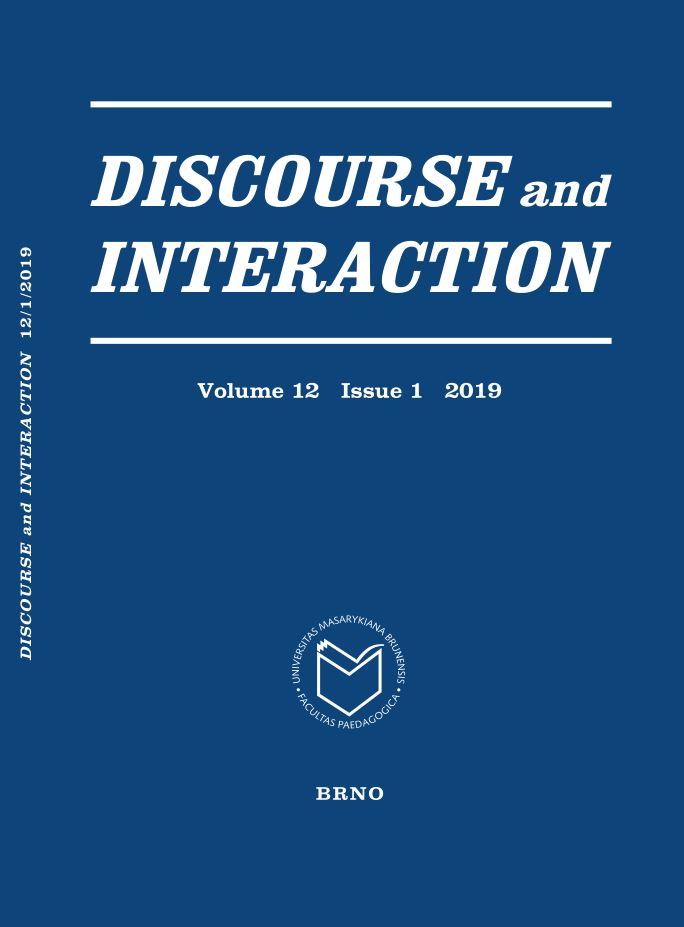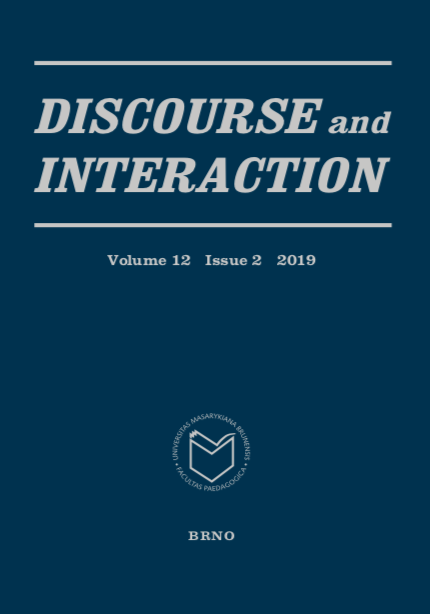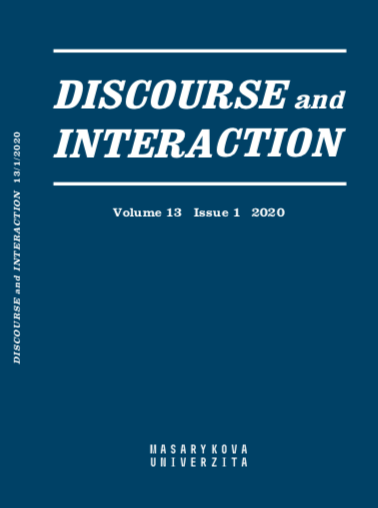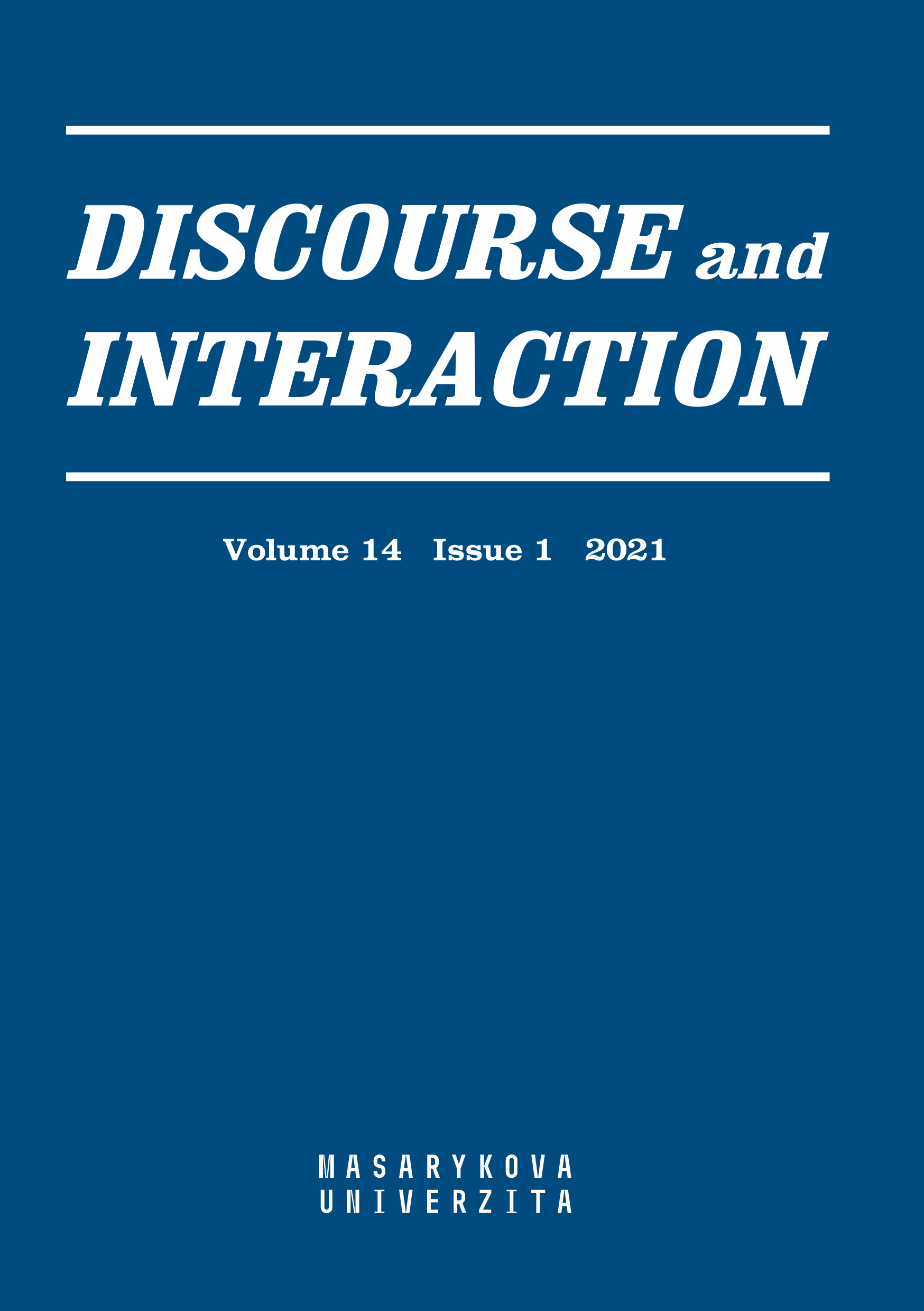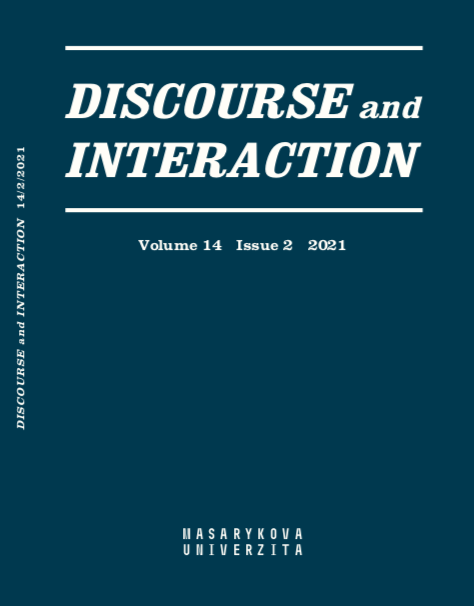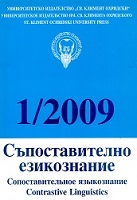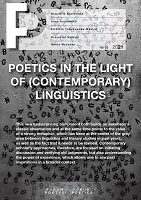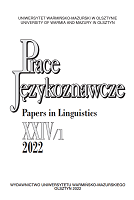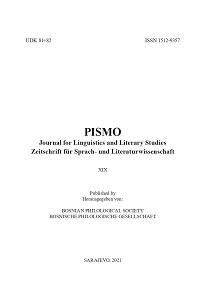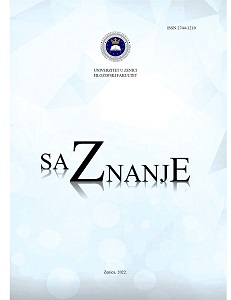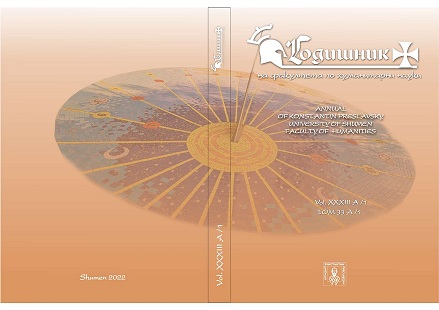Impersonaali objekt
The paper examines whether the use of the typical subject case, the nominative, with the total object in the impersonal clause could be possibly accompanied by transference of even some more subject characteristics to such object, and whether the total object has more characteristics of the subject than does the partial object. There is no subject in the estonian impersonal construction, while the only overt argument is the object. In active clauses, the case of the total object is usually genitive and the case of the partial object is partitive. In impersonal clauses, the total object is in the nominative which is usually the case of the subject. according to Eesti keele käsiraamat („Handbook of the estonian language”), an impersonal clause with a total object has some features of the passive in estonian: a patient realised as total object is usually placed at the beginning of an impersonal clause, which is characteristic of the patient of a passive clause where the patient has been promoted to the subject. To verify this statement, the impersonal in the present and past simple tenses were examined using sentences from the Corpus of Written estonian. The analysed material showed that the position of the total object at the beginning of the impersonal clause is not markedly predominant. The proportion of the clauses where the total object was located before the predicate was only 45 % of all clauses with a total object. The position of the partial object before the predicate was even more frequent as observed in 52 % of the clauses with a partial object. In addition the object and its information structural characteristics in relation to the word order of the impersonal clause were studied. Examination of sentences from the Corpus of Written estonian showed that both the total and partial objects tend to occur at the beginning of the clause if they present given information: 67 % of the total objects and 78 % of the partial objects conveying given information were situated before the predicate. The object carrying new information is usually placed at the end of the impersonal clause. Thus, the position of the object in the impersonal clause is determined by information structural factors rather than by the case of the object.
More...
